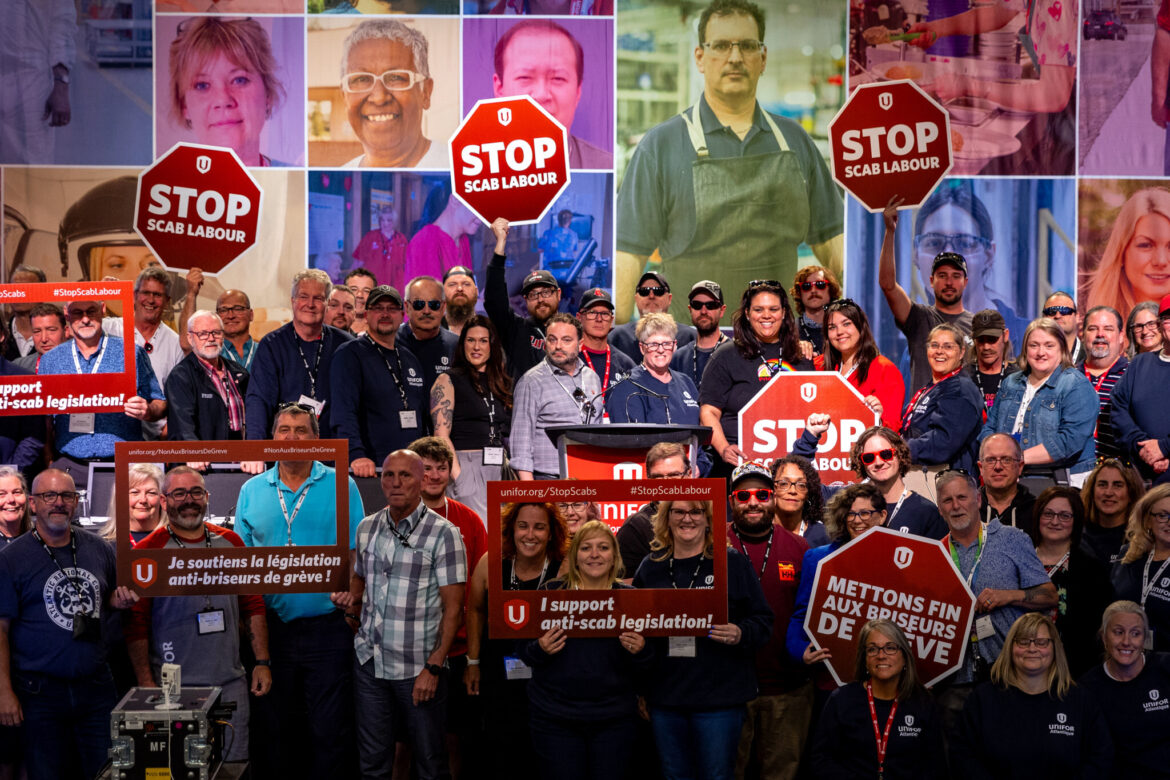The Senate has passed Bill C-58, a landmark piece of legislation aimed at preventing the use of replacement workers, commonly known as scabs, in federally regulated workplaces.
The bill was adopted at third reading without amendment, marking a significant victory for labor rights advocates across Canada, according to Unifor.
“This is a watershed moment for Canadian workers as, after more than a century of struggle, legislation will finally prevent the use of scabs in federally governed workplaces,” said Lana Payne, Unifor National President. Payne emphasized that Unifor would continue its efforts to implement robust anti-scab laws in all provinces and territories to safeguard the bargaining power of workers nationwide.
Unifor has been a leading voice in the campaign against scab labor, which it argues undermines the principles of free and fair collective bargaining. The union has staunchly supported Bill C-58, formally titled “An Act to amend the Canada Labour Code and the Canada Industrial Relations Board Regulations, 2012,” often referred to as anti-scab legislation.
Last week, Payne addressed the Senate Committee on Social Affairs, Science & Technology, highlighting the critical need for anti-scab legislation. She provided examples of how the use of replacement workers had violated workers’ rights and extended labor disputes, including a recent strike at CN Autoport.
“While we believe there was room for further improvement to Bill C-58, especially the twelve-month period until anti-scab legislation actually comes into effect, today is a victory, and it’s one we are going to protect,” Payne said. She noted that the bill received bipartisan support, and Unifor expects this backing to continue throughout the implementation process.
Unifor is the largest union in Canada’s private sector, representing 320,000 workers across various industries.



